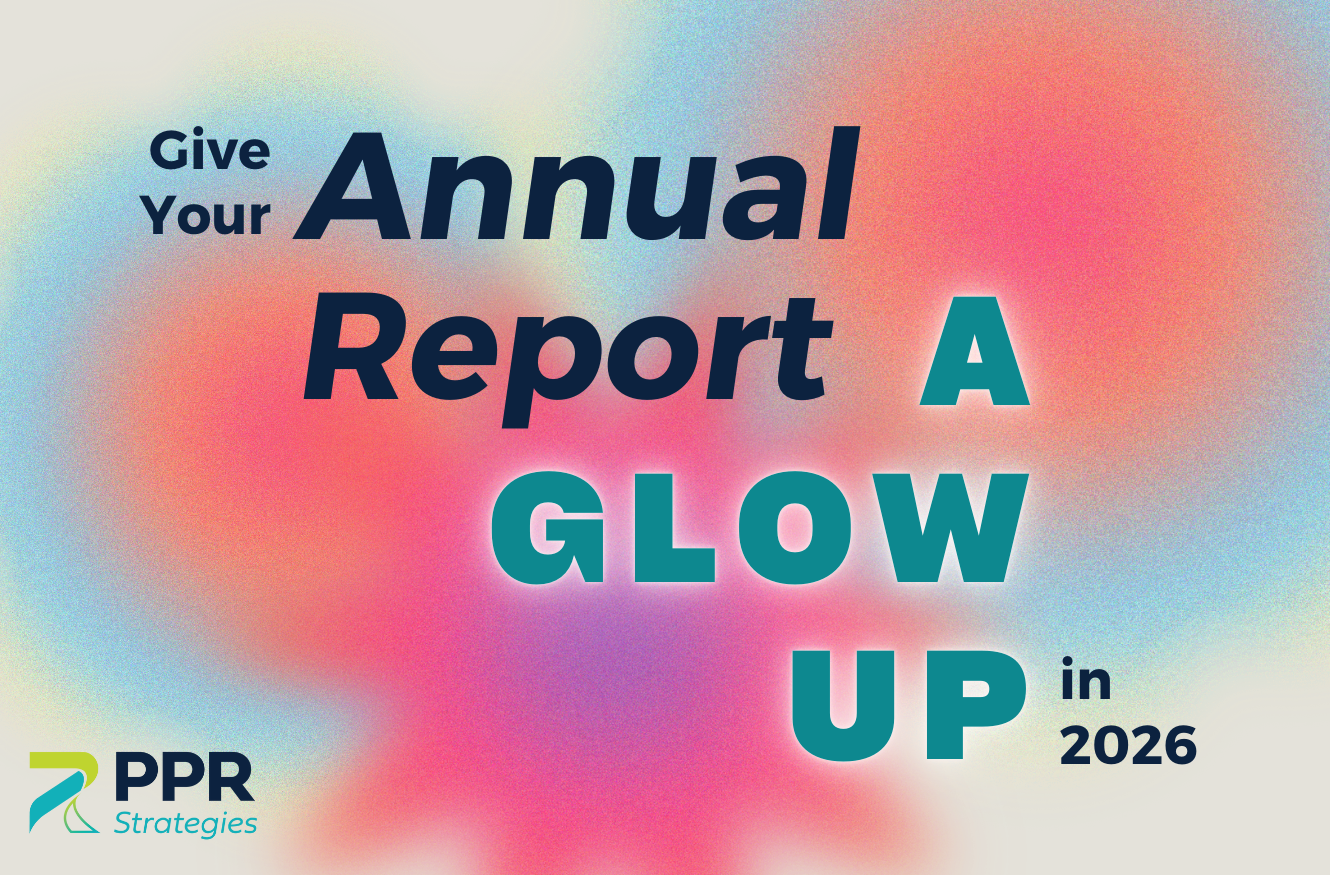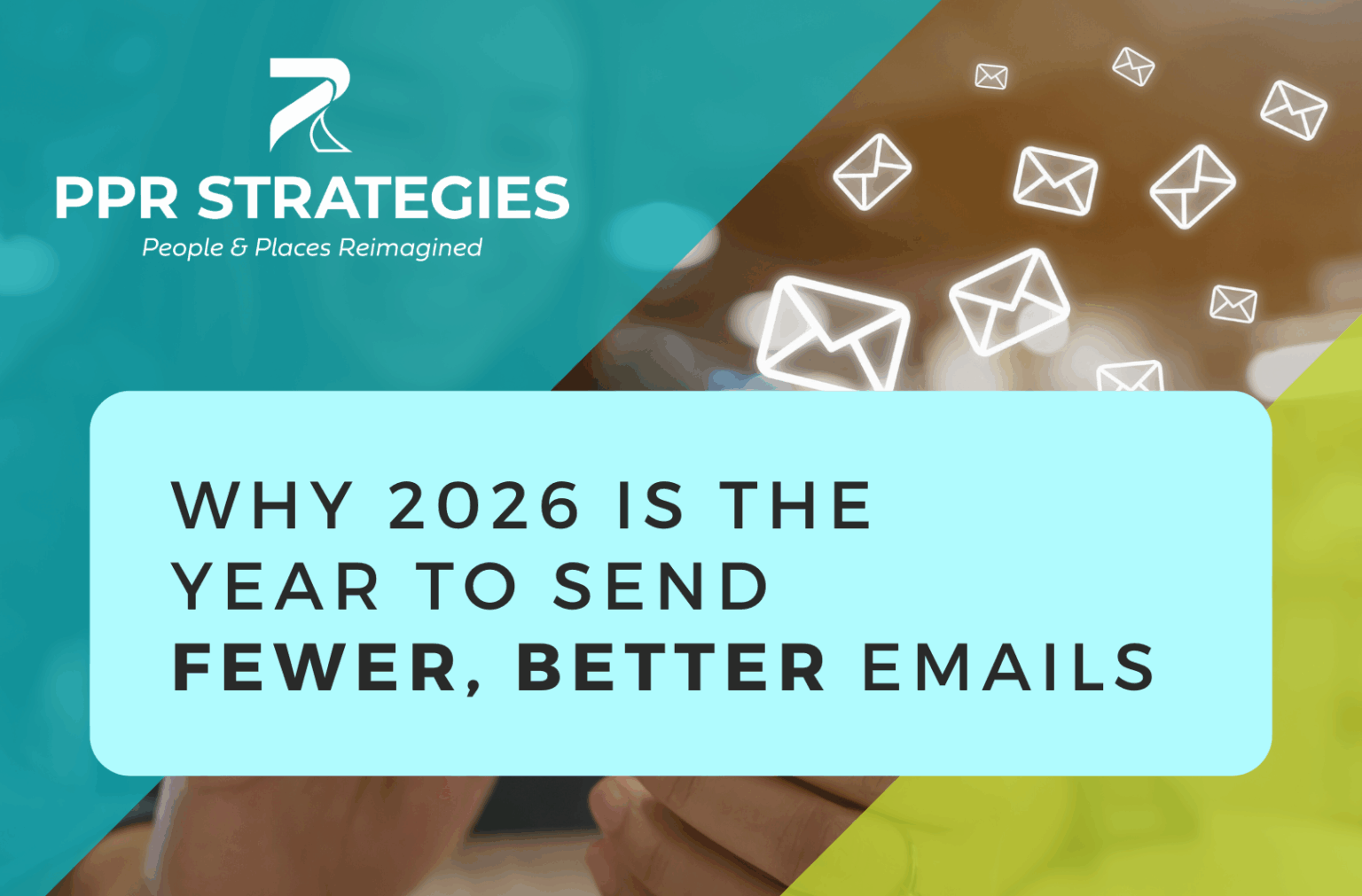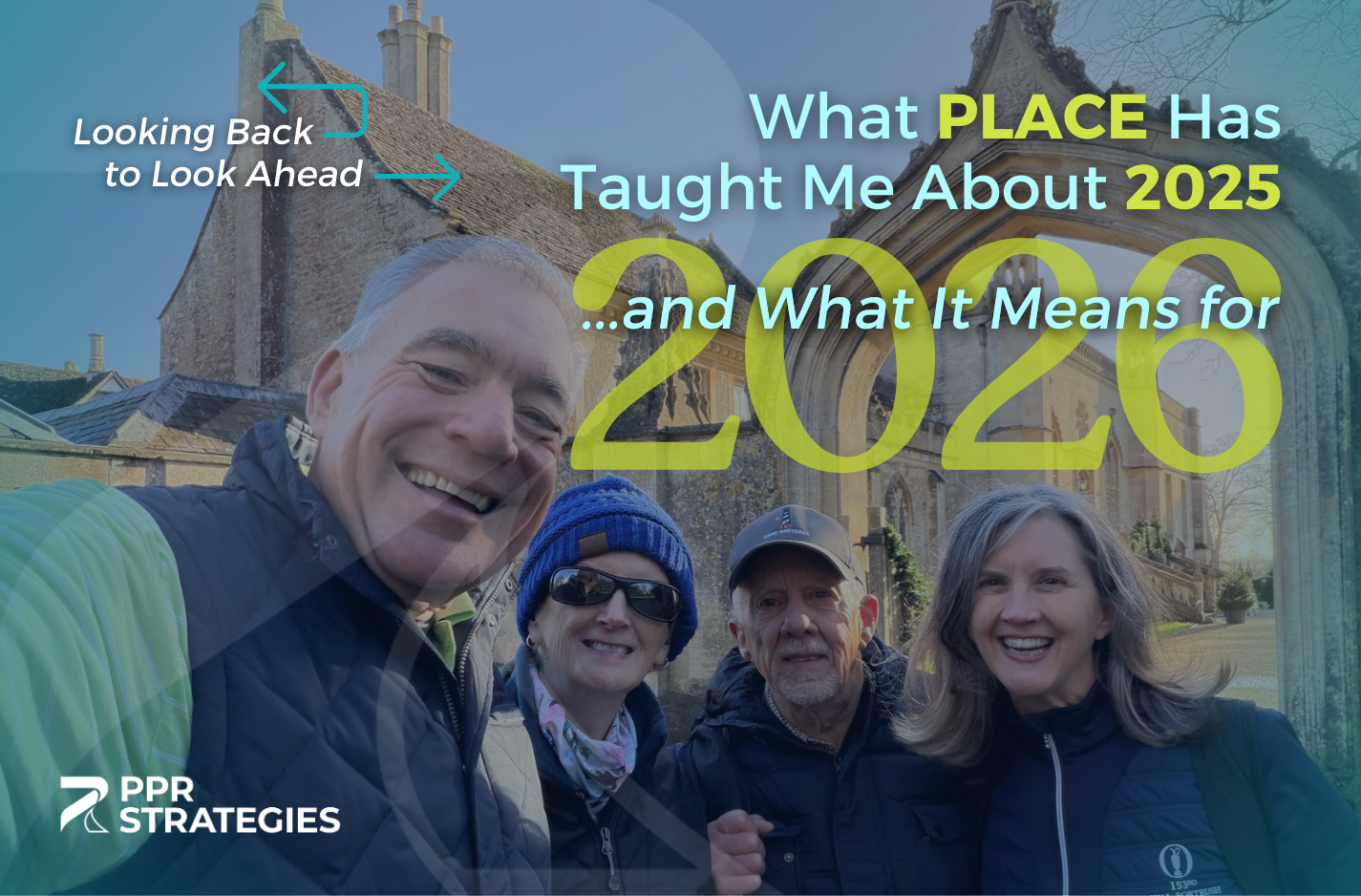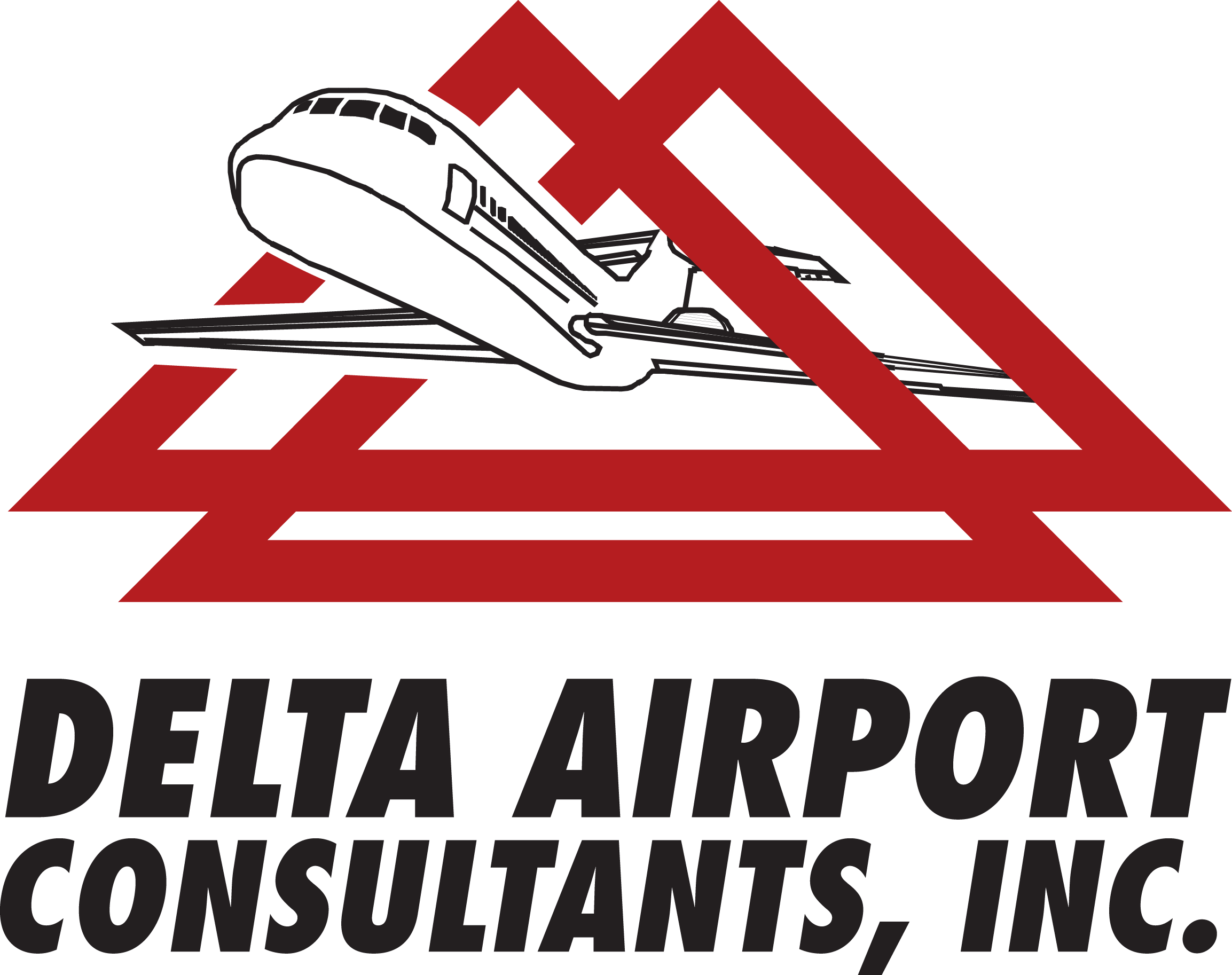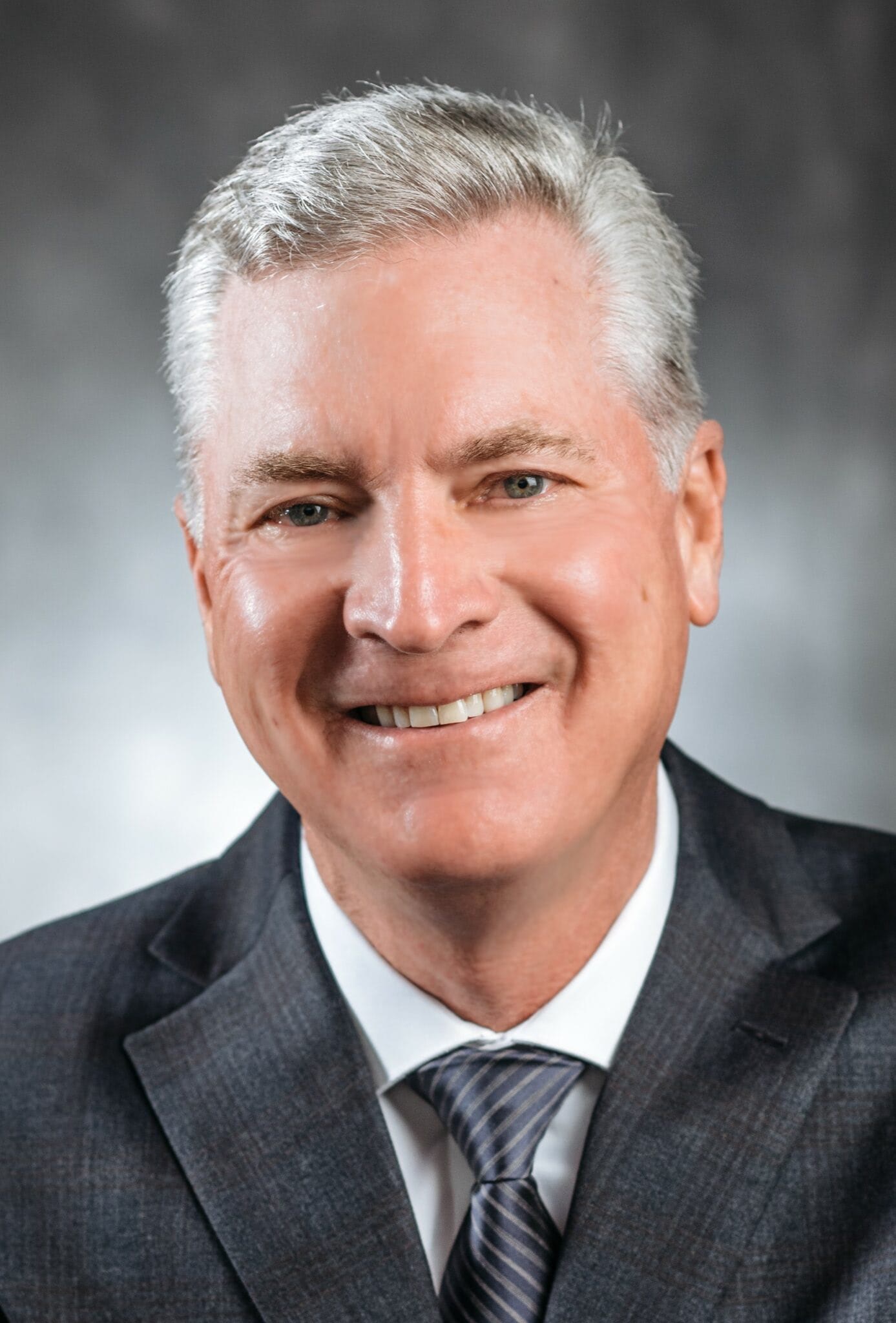Today’s blog is by our in-house Writer and Editor, Meghan McQuade Boyle! Meg’s career journey includes an adventure in broadcast journalism before shifting her focus to advocacy in nonprofits and education, where Meg honed her talents in public relations, marketing, and fundraising. During her years as a freelancer and Anglophile living abroad, her voice and writing style attracted a diverse clientele, including Johns Hopkins University, Catholic University, and Ithaca College.
After 11 years of both strategizing and creatively executing with PPR Strategies as a freelancer, Meg joined our team full-time last September. We’re thrilled for you to get to know our behind-the-scenes wordsmith better through today’s guest blog post!
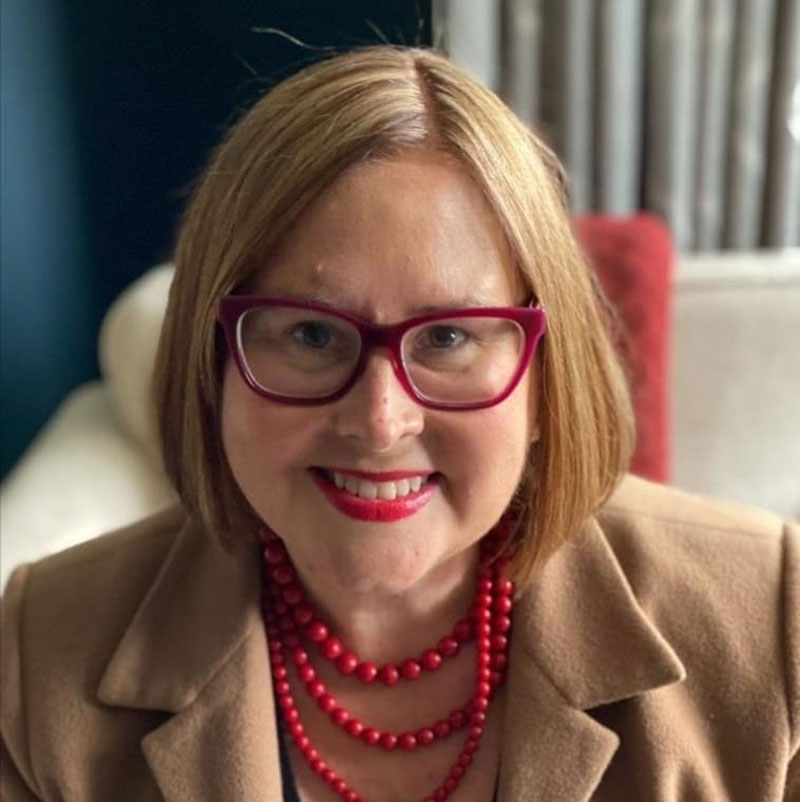
September marks my one year anniversary as a full-time team member at PPR Strategies. While I’d love to describe myself as bright-eyed and fresh-faced, I’m an over-40 mom who loves a good wrinkle cream and an Instagram filter. Before returning to full-time work, I had a 12-year career gap, peppered with regular freelancing gigs, child-rearing, volunteer roles, and world travel.
While I was fortunate to maintain a steady portfolio of clients, writing samples, and connections during this time, I encountered many middle-aged friends who weren’t clear about what they had to offer an enterprise. Dusting off an MBA after years running the PTA takes courage and confidence, but the middle-age workforce is a gem hiding in plain sight. Read on to learn why and how you should tap into this talent pool:
Transferable skills add value to your enterprise.
Years spent caring for children or older loved ones aren’t necessarily gaps. On the contrary, they’re years full of multitasking, volunteering, and care coordination that enrich poise and perspectives. If interviewing a candidate, address perceived “gaps” in a comfortable way, such as: “Tell me about this charity auction you chaired. Were there skills you developed while planning the event, like creating the marketing materials, or securing sponsors?” Event management, organization, and sales figure into many volunteer roles – all of which communicate capability.
Coursework (credit or non-credit) taken during this time frame is important, too. Language lessons, creative writing groups, and technology classes hone talents and demonstrate commitment. If the candidate has a project portfolio or samples to share, these submissions round out the professional picture.
“Old school” skills yield outstanding results.
While the nuances of Zoom, Teams, and in-house software systems may take time to understand, a mid-career hire’s phone etiquette and steady media consumption may translate to real returns. Connecting with a colleague or a prospect on the phone is a more personal (and often productive) way to move ahead, and Gen X-ers (and above) may be more comfortable with this method of communication.
Along the same lines, hiring someone who reads a variety of print and digital publications supplements the department’s diet of podcasts, posts, and blogs. A person who consumes media and monitors trends may have a vantage point that informs their oral and written communication.
Now that I’ve highlighted the benefits to hiring mid-career talent, here are a few tips to make this transition work for everyone…
Consider remote work arrangements or flexible hours.
Remote work arrangements exponentially increase your talent pool, widening your geographic scope of hires from the outset. Flexible start and end times let parents and caregivers balance school drop offs/pickups and afternoon extracurriculars with ease. In this type of arrangement, trust is a significant factor. Measurable goals, tasks, and clear expectations keep both parties comfortable within this framework.
Another pro tip: Thirty-minute lunches vs. hour lunches may appeal to people who’ve spent a decade finishing their kids’ cold chicken nuggets. Getting to that 4:30 pm soccer game on time is often more valuable than a 60-minute repast.
Returnships create mid-career momentum.
You have internships, but have you considered returnships? Returnships, which are paid internships targeted to a more “seasoned” demographic, are filling in skills gaps in a variety of industries. Lasting a few weeks to a few months, returnships offer compensation that match a candidate’s level of experience, providing mentorship along the way. From Amazon to Bank of America, Deloitte to Raytheon, many leading firms have “return to work” programs as components of talent development.
If you do create a returnship program, match your “new” hire with a mentor and an upskilling plan for continued ROI. Invest in mid-career talent the same way you would for a new hire. It’s great for their morale, their commitment to your enterprise, and your bottom line.
As a recent 40-plus hire on our PPR Strategies team, I encourage you to tap into this skilled and enthusiastic talent pool!
Happy hiring,
Meg

